Understanding Weather Impact on Intruder Alarm Systems
Intruder alarm systems are a critical part of protecting both commercial and residential properties. These systems play a vital role in modern security strategies by acting as a deterrent and alerting property owners to unauthorized access. Over the years, advancements in technology have enhanced their functionality, enabling features like wireless connectivity, motion detection, and remote monitoring. However, like any advanced equipment, these systems are vulnerable to external influences, especially environmental conditions. The weather impact on intruder alarm systems is an important consideration, as adverse conditions can affect their performance, reliability, and lifespan in a negative way.
For business owners, understanding the weather impact on intruder alarm systems is essential so that they can maintain consistent and reliable protection. Harsh weather conditions—whether it’s heavy rain, extreme temperatures, or strong winds—can cause challenges that affect alarm performance. Moisture can corrode components, fluctuating temperatures may disrupt sensors, and debris carried by wind can obscure critical detection areas. These challenges show how important it is to invest in weatherproof alarm systems that are specifically designed to withstand environmental effects. By choosing systems built to endure these conditions, you can significantly reduce the risk of disruptions and maintain optimal security year-round.
Rain and Moisture: Effects on Alarm Systems
Rain and high humidity can create significant challenges for intruder alarm systems, particularly for older models or systems that have not been installed with adequate protection against the elements. Water is one of the primary risks, as moisture can find its way into sensitive electronic components, leading to corrosion, electrical malfunctions, or even system failure. Alarm systems exposed to excessive moisture may also experience unusual behavior, such as false alarms or delayed responses. The weather impact on intruder alarm performance becomes especially apparent during prolonged periods of heavy rain or in environments with consistently high humidity levels.
To address these challenges, it is important to invest in weatherproof alarm systems designed to handle damp conditions. These systems typically include sealed components and enclosures that provide a barrier against water and humidity. Regular maintenance also keeps alarm systems functional, as technicians can identify and address potential vulnerabilities caused by exposure to moisture. By taking these precautions, you can protect your alarm system from environmental effects to maintain consistent performance even during adverse weather conditions.
Temperature Extremes and Alarm System Sensitivity
Extreme heat can affect the performance of intruder alarm systems, particularly those installed in environments where temperatures regularly rise above average. Excessive heat can lead to the overheating of internal components, causing system malfunctions or reduced efficiency. High temperatures may also increase the likelihood of false triggers, as heat-sensitive motion detectors and sensors may misinterpret environmental changes as intrusion attempts. The weather impact on intruder alarm systems can vary depending on the location, with properties in warmer climates or sun-exposed areas facing greater challenges. These factors show how important it is to consider heat resistance when selecting an alarm system.
On the other hand, cold weather brings its own set of troubles to alarm systems. Freezing temperatures can reduce battery performance, leading to shortened operational times or system failures during prolonged power outages. Additionally, external components such as plastic housings or cables may become brittle and prone to cracking under extreme cold, affecting the system’s reliability even further. Investing in weatherproof alarm systems specifically designed for harsh climates can help reduce these risks. These systems incorporate durable materials and cold-resistant features that allow them to withstand the environmental effects on alarms caused by temperature extremes.
Wind and Dust: Environmental Challenges to Alarms
Strong winds can cause great damage to intruder alarm systems, particularly those with external sensors and cameras. Equipment can be knocked out of place, mounting brackets may become loose, and components can be misaligned, all of which can disrupt the system’s performance. Furthermore, wind-driven debris may impact sensitive areas of the alarm system, causing scratches or physical obstructions that hinder performance. These environmental effects on alarms can be especially problematic in exposed locations such as open industrial areas or properties in windy climates. It is important to recognize these vulnerabilities and take preventive measures to protect alarm systems from wind-related damage.
In addition to physical damage, wind often carries dust and fine particles that can interfere with the operation of intruder alarm systems. If dust accumulates on motion detectors or cameras, it can obstruct their view, reduce sensitivity, or trigger false alarms. Over time, this can lead to unreliable performance and an increased need for maintenance. To minimize these challenges, protective enclosures can shield sensors and cameras from airborne debris and dust. Maintenance also helps, as well as regular cleanings, to safeguard alarm systems from environmental impacts and ensure they remain reliable in all conditions. Addressing these concerns not only safeguards alarm systems from dust but also reduces the weather impact on intruder alarm performance in difficult conditions. For businesses aiming to ensure consistent system performance, British Engineers provides Commercial Intruder Alarm Systems Servicing and Maintenance, offering professional care tailored to your system’s needs.
Lightning and Electrical Surges: Safeguarding Your Alarm System
Lightning storms and power surges are a serious risk to the performance of intruder alarm systems. A direct lightning strike or nearby strike can cause electrical surges that travel through wiring, potentially damaging circuit boards, sensors, and other critical components. This disruption can lead to system failures, false alarms, or the complete breakdown of the alarm system. The weather impact on intruder alarm systems during storms or power fluctuations can be catastrophic if not properly managed. Protecting the system from these electrical disturbances is really important in maintaining a reliable security solution.
To protect alarm systems from lightning and electrical surges, it is recommended to install surge protectors and other electrical safety devices that can redirect excess voltage away from sensitive components. Professional installation services are essential for correctly integrating these protective measures into the system. On top of that, alarm systems in bad weather should be designed with built-in protection against electrical surges to minimize potential damage during storms. By investing in these preventive measures, you can significantly reduce the risk of system failure caused by electrical disturbances.
Ensuring Reliable Alarm System Performance in Any Weather
Modern weatherproof alarm systems are engineered to withstand many different environmental challenges, from heavy rain to extreme temperatures. These systems are constructed with durable materials and sealed components that provide added protection against the damaging effects of weather, such as water ingress, dust, or temperature fluctuations. It is necessary to choose high-quality, weather-resistant systems to maintain consistent performance in any condition. Professional installation plays a crucial role in optimizing these systems, as technicians ensure all components are correctly set up and protected from the elements. The weather impact on intruder alarm performance can be greatly minimized with the right system and proper installation, providing peace of mind year-round.
Routine maintenance and inspections are key to keeping alarm systems in peak condition, particularly in regions with extreme weather conditions. Certified professionals can identify potential issues before they become serious problems, addressing any wear and tear caused by environmental factors. By scheduling regular check-ups and servicing, you can prolong the life of your alarm systems and maintain reliable security. Investing in high-quality alarm systems and committing to ongoing maintenance will help safeguard your property from the environmental effects on alarms and ensure that your security system remains effective, no matter what weather challenges may come your way.
If you’re looking to install weatherproof fire alarms for your business, check out British Engineer’s commercial intruder alarm installation services today!

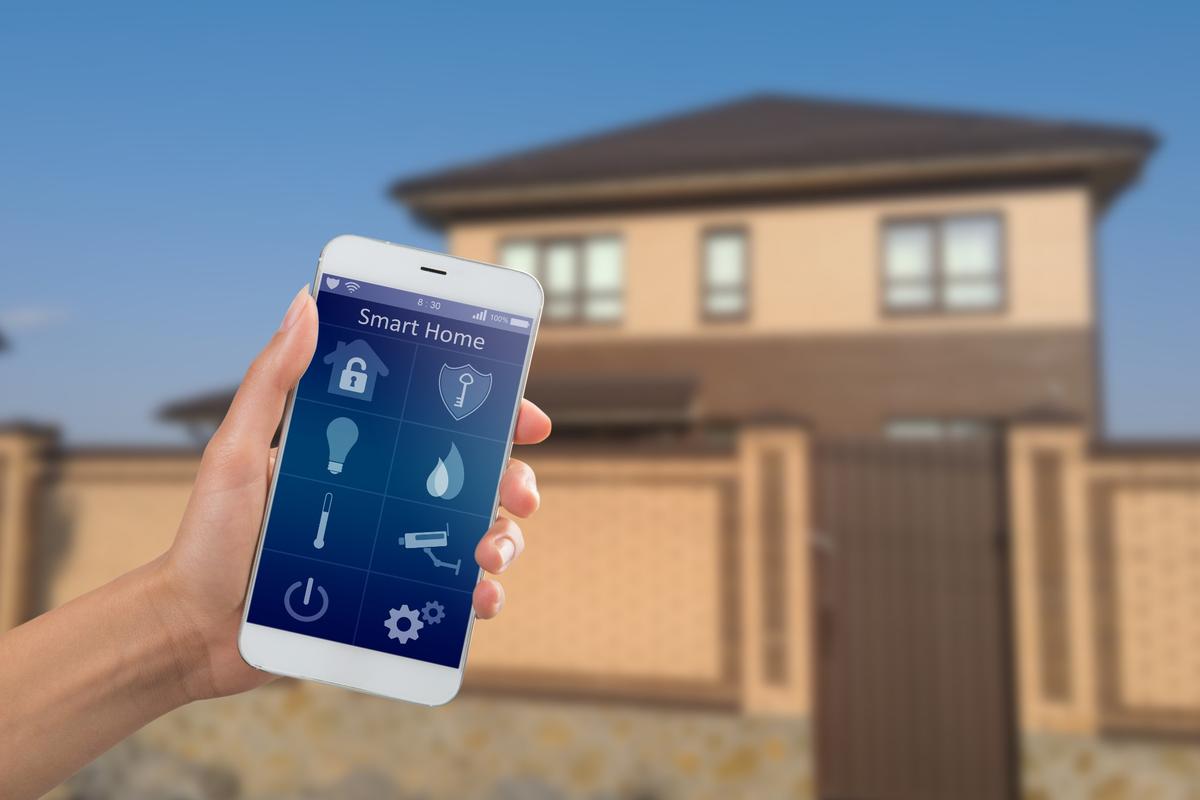
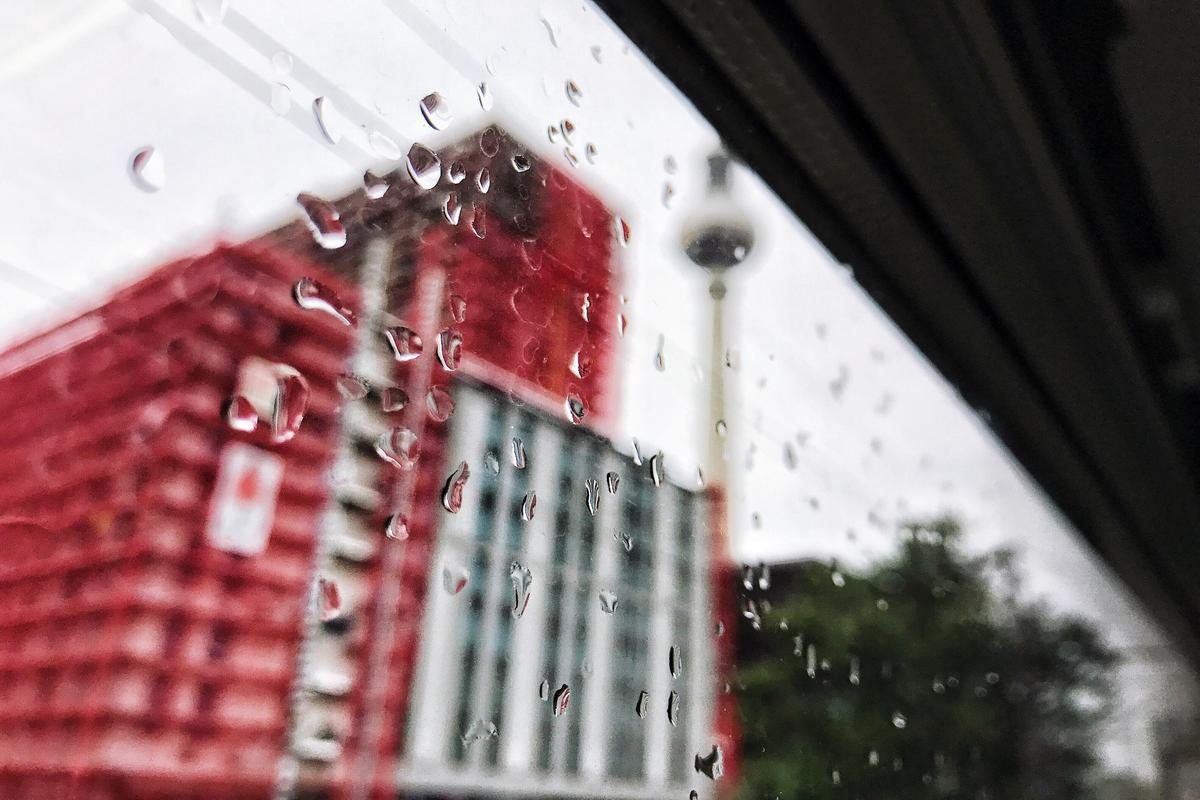
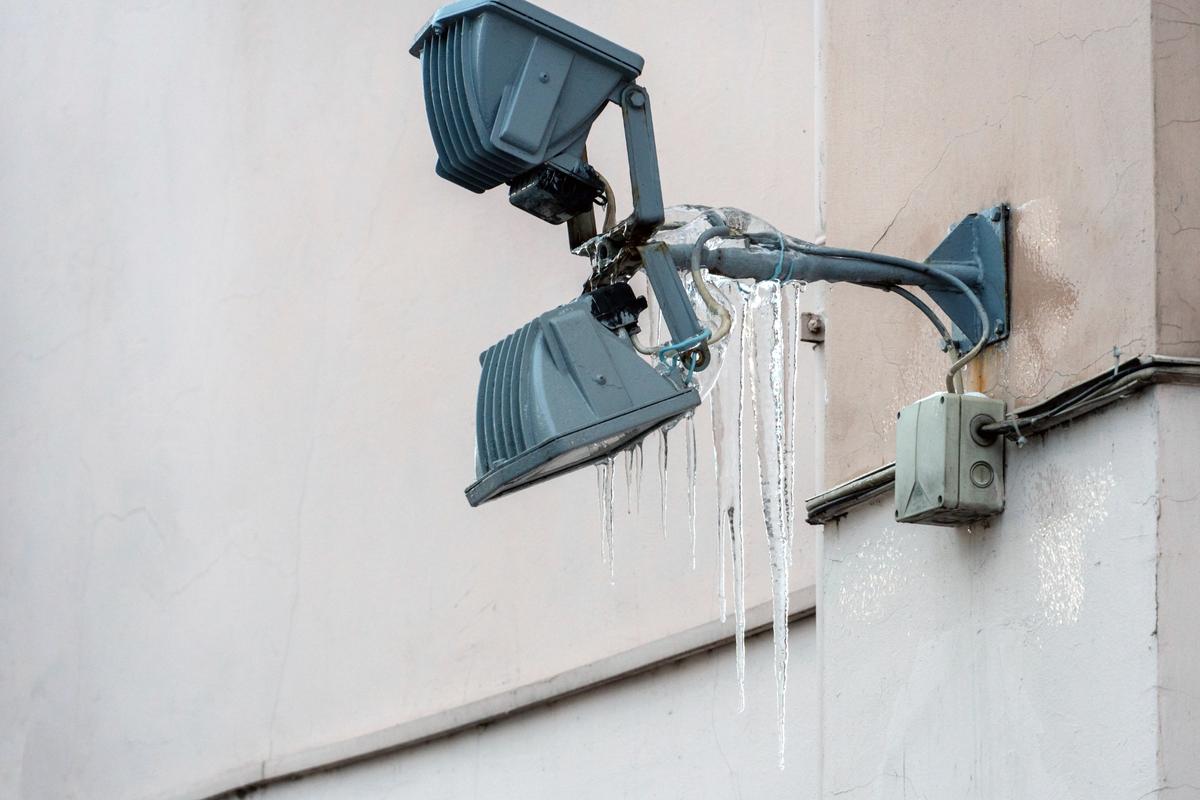
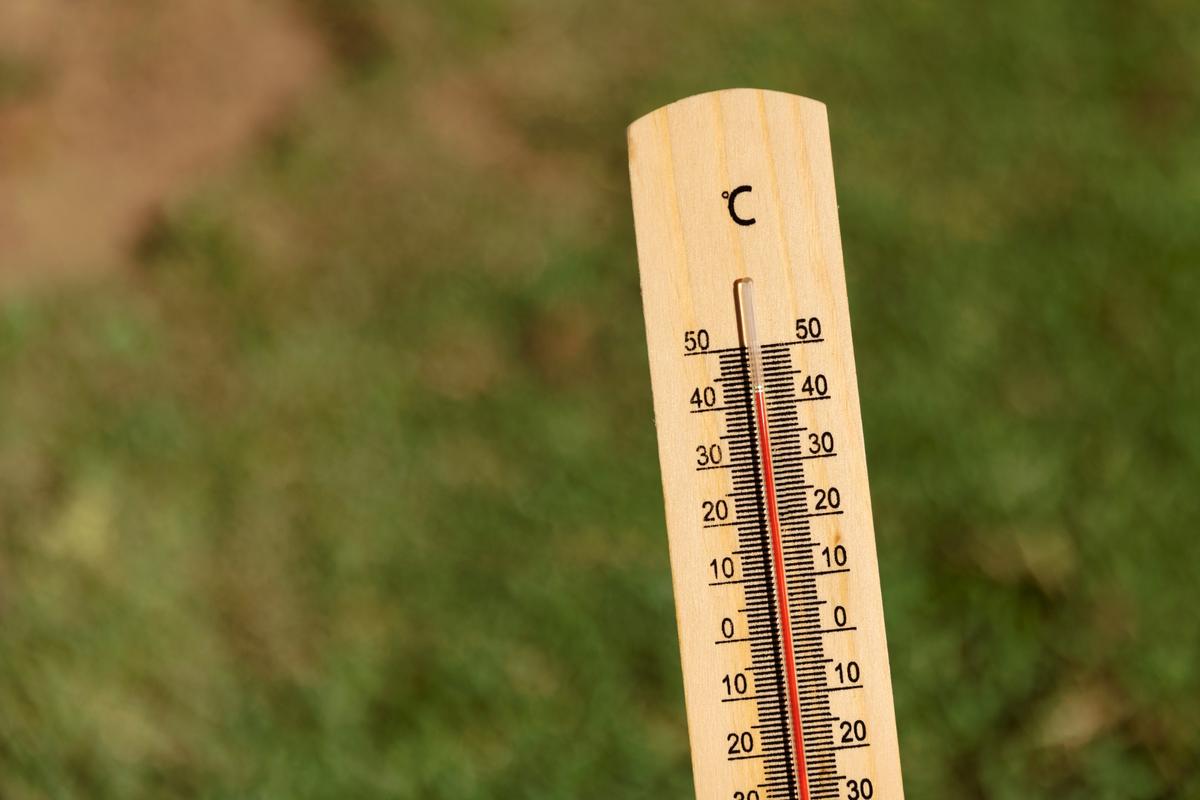

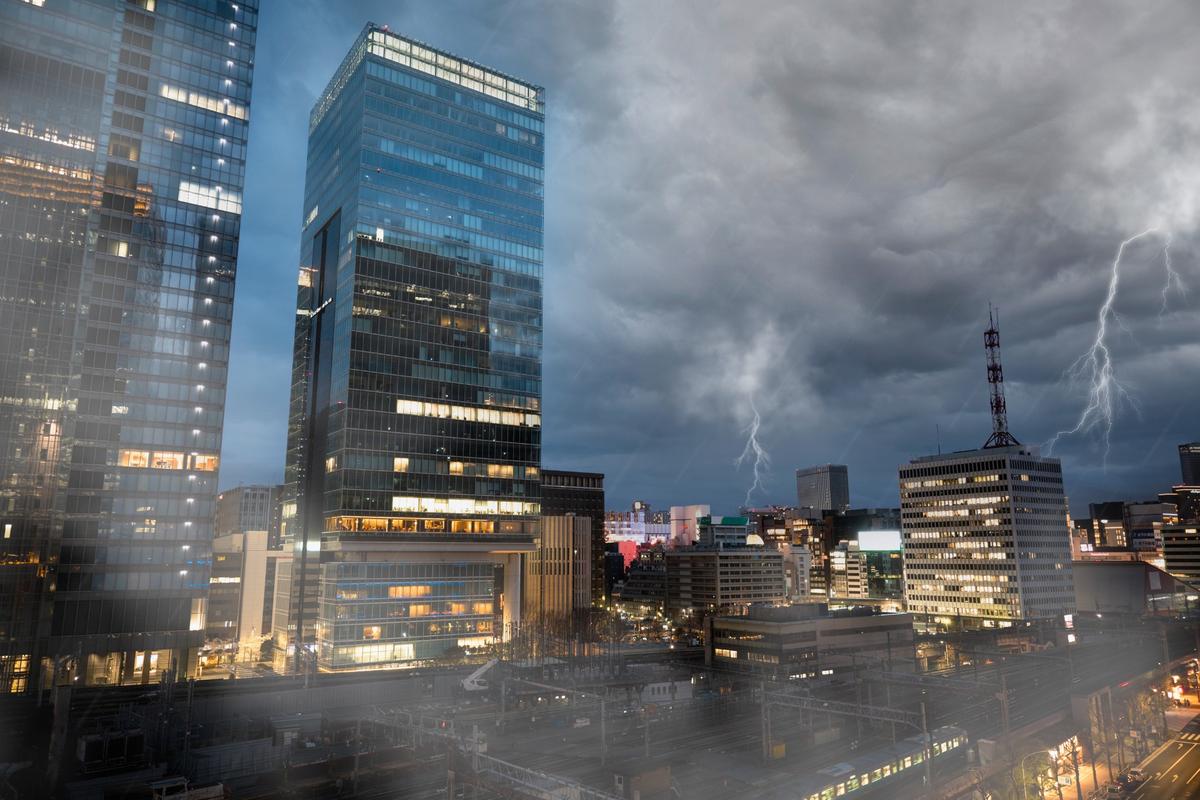
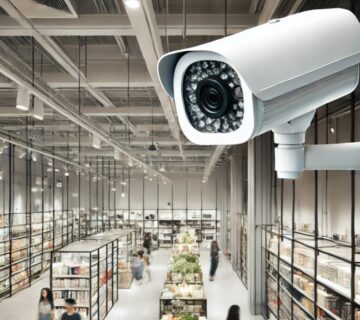
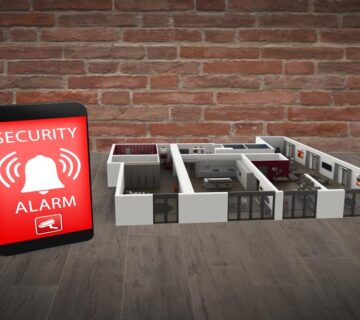
No comment